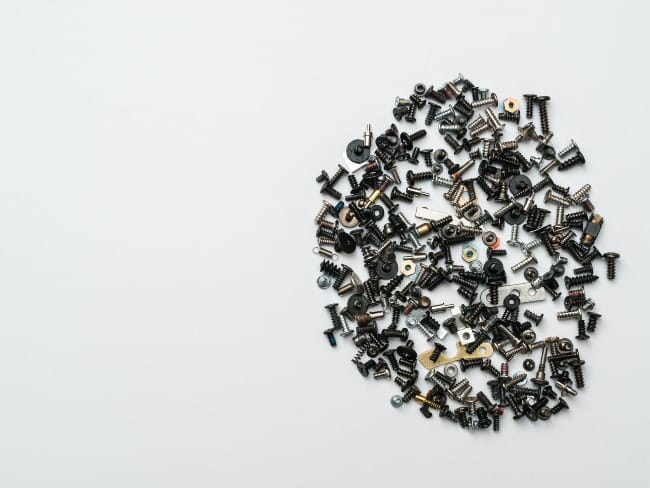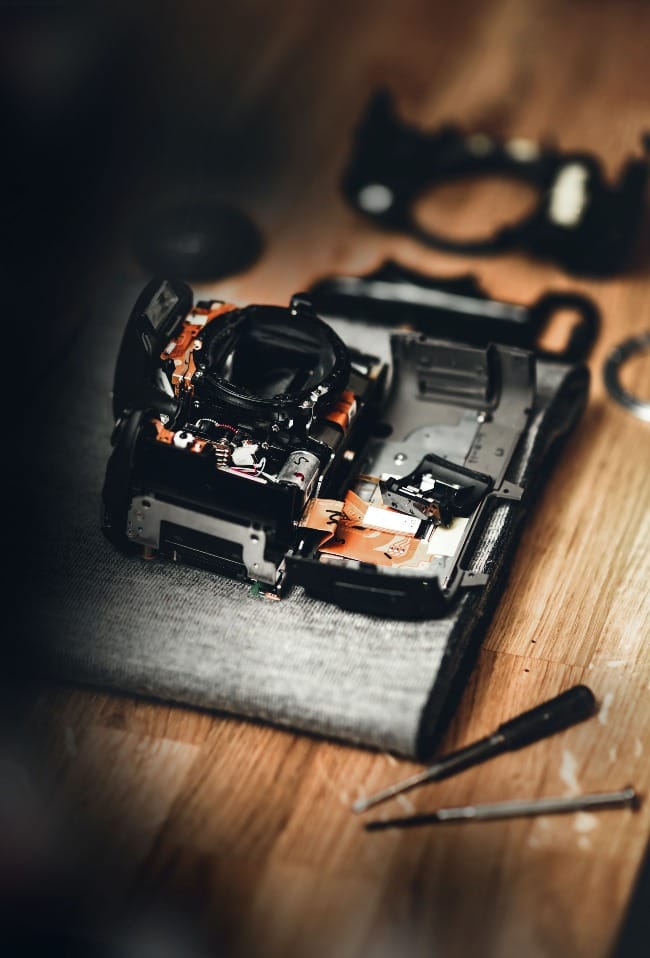Our homes, workplaces, and communities are full of stuff that gets older, worn down, and broken over the course of time and use. Enter: Right to Repair, which iFixit describes as a “global movement to secure legal access to parts and tools to get our stuff fixed, manuals and diagnostics used by manufacturers of our stuff, and software to reset security locks and pair parts.” The people involved in Right to Repair argue that information, tools, and parts for repairs of anything that we own should be available and affordable.
“The Right to Repair movement is founded on a fundamental principle: If you bought it, you own it, and you should be able to fix it. Nobody should be able to block you from restoring your things to their original function.”

Fixing things that we own is good for the environment, as I've written about previously, and good for local economies and communities, for instance, by encouraging the culture of working on old cars in local repair garages. However, repair is sometimes easier said than done. Many companies and manufactures block repairs by people or organizations who aren't affiliated with the company. They may require that repairs be completed through the company itself or owners risk a void warranty (thankfully, this is illegal in the US, but not everywhere). Companies may also make repairs difficult or impossible by using industrial-strength glue when assembling their products, or requiring proprietary tools and/or software to complete a successful repair. When repairs are handled through the companies themselves, they are often expensive, slow, and limited: like Nikon, who will only allow repair by shipping a product to one of their two facilities. By being the only ones who can fix a product, companies have a monopoly, and can charge as much as they like, take as long as they want, or even make more money by refusing a fix and forcing you to buy new.

In the U.S., this is a bipartisan issue with bills about Right to Repair brought from both sides of the political aisle. 84% of people polled are in favor of these bills. Right to Repair laws already exist in some form in Massachusetts, Colorado, and New York. Minnesota recently passed the most expansive version of a right to repair law of any state yet. In Circlewood's home state of Washington, we have an active right to repair bill that would require manufacturers to make electronics parts, tools, and documentation available to owners and independent shops. In total, 27 states have introduced or passed some version of a repair bill so far. Globally, Australia, Canada, India, and other countries in Europe are in the process of creating their own right to repair laws. Companies opposed to these bills are lobbying against them, often spending millions of dollars, but the momentum is growing for these laws and repair regulations, and you can get involved!

You can click here for more information about repair and Right to Repair bills in the US, and then contact your legislators to tell them that you're in favor of your Right to Repair. If you're outside the US, you can find information about your country's Right to Repair movement here. Telling your community about this issue can help as well. You can also visit and support local, independent repair shops in your area!
Have you ever tried to repair something and been stymied by the company, or had to purchase a special tool in order to complete the repair? Have you let your local and national representatives know that you support the right to repair? I'd love to hear from you. You can comment on this post or feel free to email me anytime at jessalyn.gentry@circlewood.online.
Jessalyn